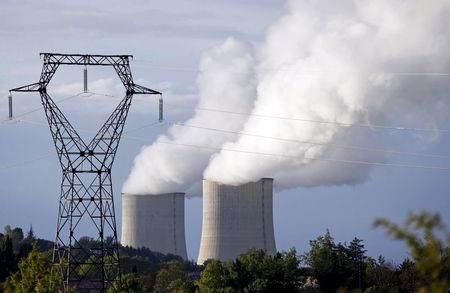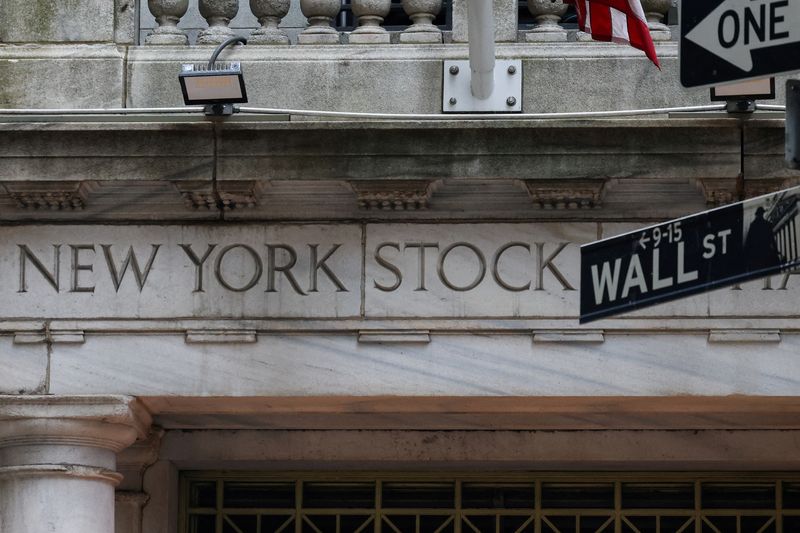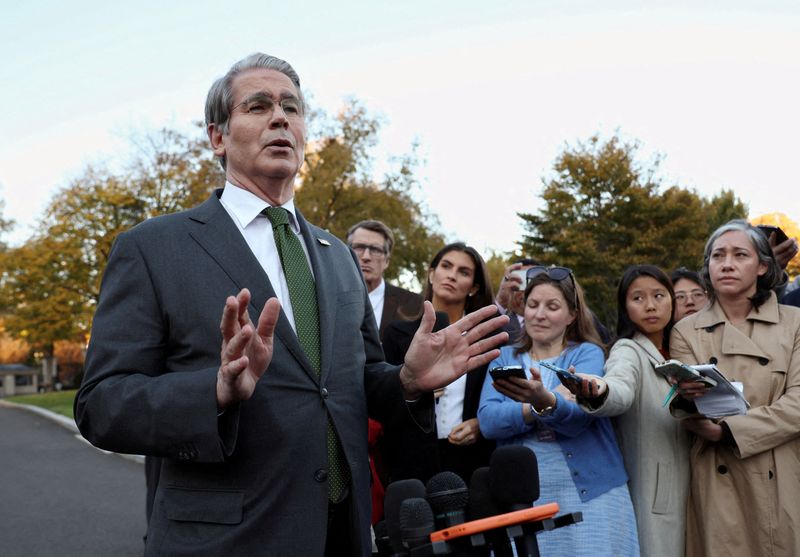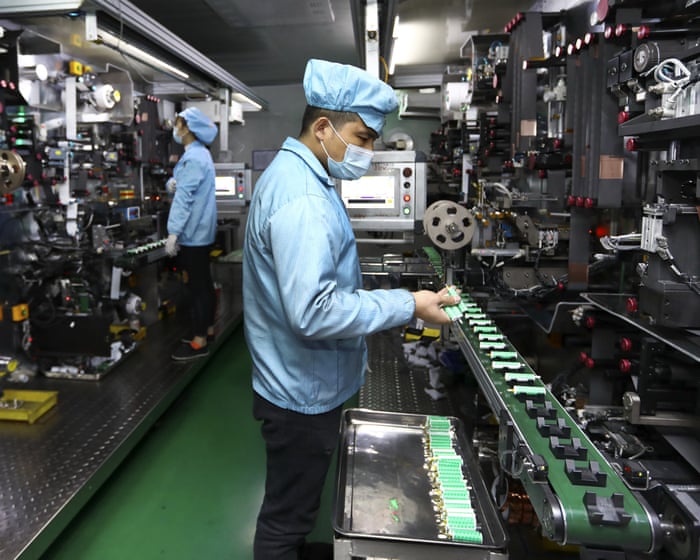Here is China’s nuclear power market outlook
NeutralFinancial Markets

- China's nuclear power market is projected to undergo significant changes as the country navigates its investment landscape amid broader economic challenges. The outlook indicates a potential shift in energy strategies, reflecting the government's commitment to expanding its nuclear capabilities.
- This development is crucial for China's energy sector, as it seeks to enhance energy security and reduce reliance on fossil fuels. The nuclear power market's growth could attract both domestic and foreign investments, vital for sustaining economic momentum.
- The evolving dynamics in China's nuclear sector are part of a larger trend where energy markets are expected to experience long-term transformations. These changes are influenced by regulatory shifts and the increasing intersection of energy with technology, particularly as nations engage in competitive investments in energy and AI.
— via World Pulse Now AI Editorial System







